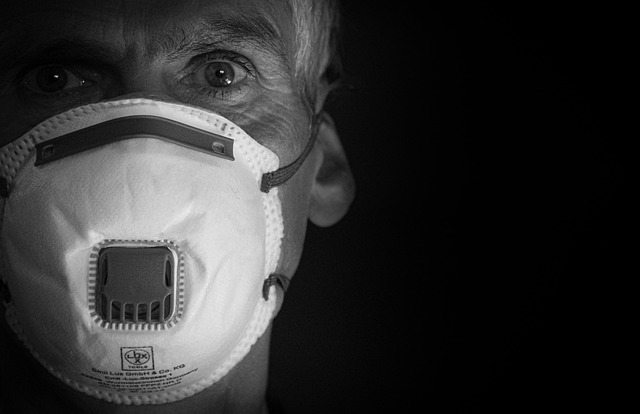The Dawn of a New Era: Wearable Medication Technology
In recent years, the advancement of technology has touched every facet of our lives, and healthcare is no exception. Among the most promising developments is wearable medication technology, which is revolutionizing how we manage our health and medications. Imagine a world where your medications seamlessly integrate into your daily routine, providing not only reminders but also insights into your health and adherence.
Technological Innovations: Shaping the Future of Healthcare
Wearable medication sensors are at the forefront of this transformation. These devices—often worn on the skin like a bandage or embedded in smartwatches—monitor and track medication usage. Using advanced technologies such as IoT, machine learning, and real-time data analytics, they offer a personalized healthcare experience. By harnessing these innovations, patients are empowered to take control of their health, ensuring they never miss a dose again.
These devices go beyond simple reminders. With the ability to monitor various health metrics, they can alert users and caregivers about potential health issues before they escalate. For example, a patient with diabetes can receive alerts about their insulin levels, while individuals with chronic illnesses can track vital signs that correlate with their medication intake. The integration of health data with medication adherence creates a comprehensive health management system.
Health Innovations: Bridging the Gap between Patients and Care
The rise of wearable medication technology also simplifies communication between patients and healthcare providers. Healthcare professionals can access real-time data, allowing for more informed decisions during consultations. No longer do patients rely on memory to describe their symptoms. Instead, precise data provides insights into how well their treatment plan is working, forming a partnership built on transparency and trust.
Moreover, for patients managing chronic conditions or undergoing long-term treatment, these wearables offer reassurance. The peace of mind that comes from knowing their medication regimen is being tracked accurately can significantly enhance quality of life. As healthcare becomes more patient-centric, wearable technology serves as an essential tool in fostering a proactive approach to health management.
As we delve deeper into the era of digital health, the potential of wearable medication sensors remains boundless. They represent not only a technological leap forward but also a shift in how we think about our health. The empowerment that comes from being able to monitor and manage our health effectively is transformative, marking a significant step toward a healthier future.




